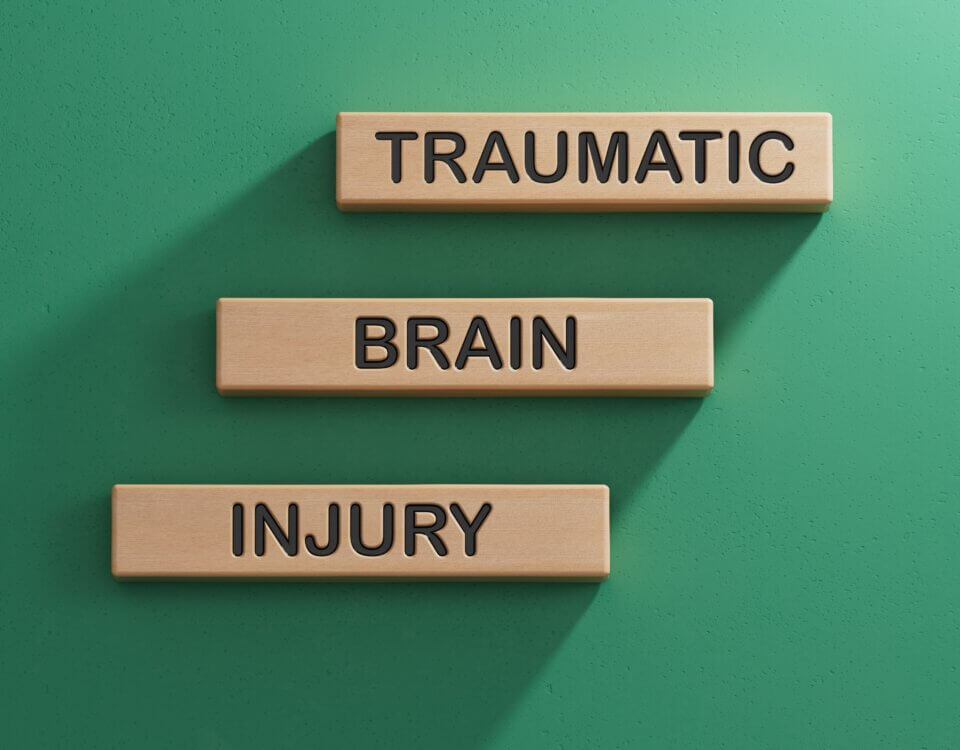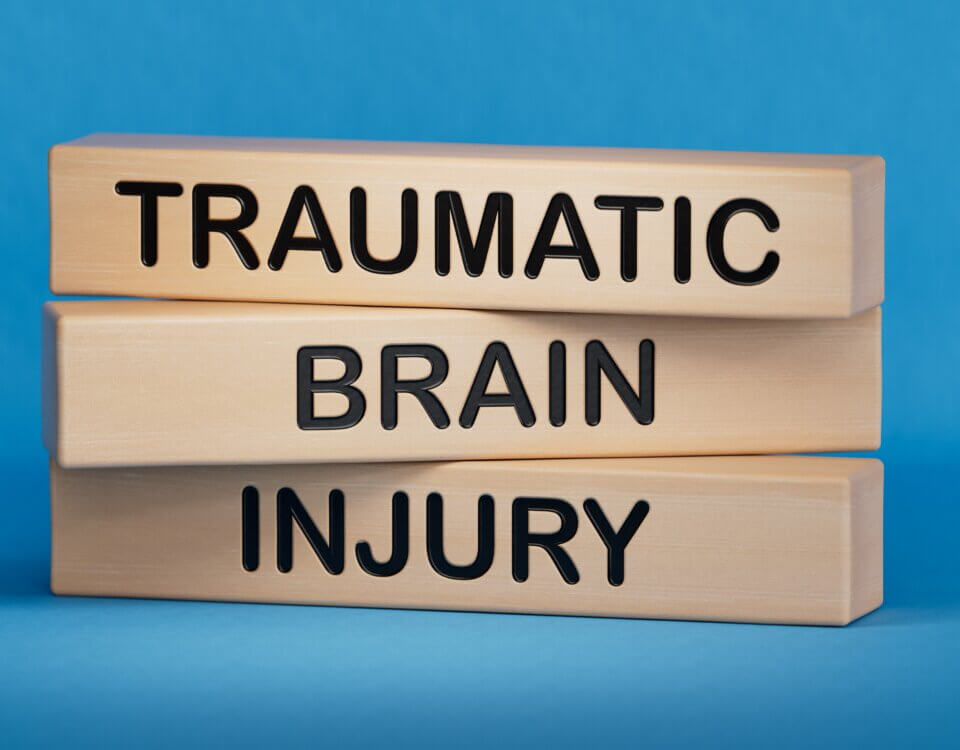A traumatic brain injury (TBI) results from a forceful impact to the head or body that causes the brain to move, twist, or suffer damage from sharp or blunt trauma This can range from mild to severe and sometimes lead to lasting impairment
How a TBI Can Emerge
In some cases symptoms appear immediately after impact In other cases they may come on gradually in the hours, days, or even weeks following the injury Certain circumstances like being struck by an object, experiencing sudden deceleration, or suffering a penetration injury increase the risk of serious damage
Symptoms of Mild Traumatic Brain Injury
People with mild TBI often show one or more of the following:
- Headache
- Nausea or vomiting
- Tiredness or fatigue
- Drowsiness or feeling unusually sleepy
- Trouble speaking clearly or slurred speech
- Problems with balance or coordination
- Sensory issues like sensitivity to light, sound, taste, smell or touch
- Confusion or disorientation
- Memory problems, such as forgetting the event or having difficulty recalling recent information
- Mood changes including depression, irritability or anxiety
- Sleep disturbances such as sleeping more than usual or trouble sleeping
Symptoms of Moderate to Severe Traumatic Brain Injury
When the injury is more serious the symptoms may be more intense or persistent In addition to mild symptoms a person might also experience:
- Loss of consciousness for a longer period
- Very severe and persistent headaches
- Repeated vomiting or ongoing nausea
- Seizures or convulsions
- Unusual dilation of the pupils or changes in how the eyes respond to light
- Leak of fluids from ears or nose, which may suggest brain swelling or bleeding
- Inability to wake up or extreme lethargy
- Loss of coordination or difficulty carrying out ordinary movements
- Profound confusion, disorientation, or inability to think clearly
Symptoms in Children
TBIs in children can look different because young people may have trouble communicating what they feel Some signs to watch for include:
- Excessive irritability or mood changes
- Loss of interest in favorite activities
- Difficulty eating or changes in appetite
- Unusual sleep patterns, such as sleeping far more or far less than before
- Increased drowsiness or lethargy
- Difficulty paying attention or responding normally
Why Recognizing Symptoms Matters
Prompt recognition and treatment are essential because delaying care can lead to worse outcomes Ongoing damage, permanent deficits, or complications may arise if symptoms are ignored or minimized Early diagnosis and medical intervention can reduce risk of lasting brain injury as well as improve chances for recovery
How Hillstone Law Can Help
If you suspect you or a loved one has experienced a traumatic brain injury because of someone else’s negligence Hillstone Law can assist with:
- Helping you understand which symptoms are medically significant
- Gathering medical evidence, imaging, and expert opinions to document your injury
- Ensuring your rights are protected and participating in insurance claims or legal proceedings
- Pursuing full compensation including medical costs, long-term care, lost wages, pain and suffering, and non-economic losses
Note: These blog posts are created solely for the use of Hillstone Law. The information is gathered from internet research, publicly available sources, and artificial intelligence (AI) tools such as ChatGPT. While we aim to share helpful and educational content, Hillstone Law does not independently verify every detail. Some information may be incomplete, outdated, or subject to change without notice. If you believe any part of a post is inaccurate, misleading, or infringes upon copyright, please contact Hillstone Law immediately so we can review it and take appropriate action, including correction or removal.
Disclaimer: The material provided in these blogs is for general informational purposes only and should not be considered legal advice. Reading these posts does not create, and is not intended to create, an attorney-client relationship with Hillstone Law. Our intent is to share knowledge, raise awareness, and provide helpful resources to the public; however, Hillstone Law makes no warranties or guarantees about the accuracy, completeness, or reliability of the information provided, and expressly disclaims liability for any actions taken in reliance on it. The photos used in these posts are for illustrative purposes only and do not depict actual clients, individuals, or incidents unless expressly stated. If you or a loved one has been injured in an accident, please contact Hillstone Law at (855) 691-1691. Our attorneys are available to answer your legal questions and help you understand your rights.








